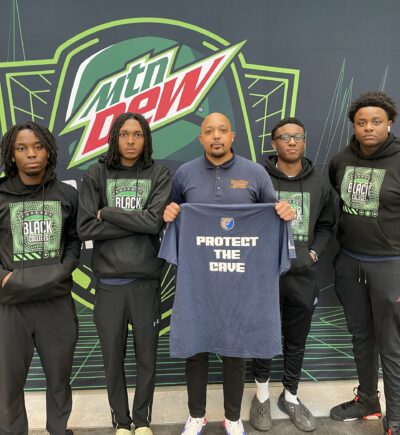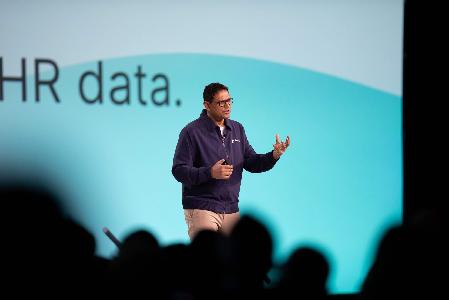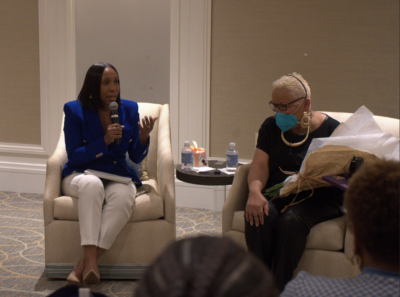A case of whooping cough breaks out in Harris County, Texas, and almost 1,500 miles away, four Johns Hopkins University undergraduates wonder if an ineffective vaccine is the culprit.
By January 2011, they’ve begun work on what will become Magpie Sensing, a project to monitor the temperature of refrigerators used by doctors and medical researchers to keep reagents, human tissue samples and vaccines cold.
See Magpie Sensing at the Columbia TechBreakfast on October 11.
“Researchers are working with human samples and are storing them in wood-grain, [1980s-era] refrigerators—that’s a problem,” says Thomas Smith, 23, a 2011 Hopkins graduate. He is also part of the team behind Project Gado, which, along with Magpie, is housed in Smith’s umbrella company, ESDA LLC, which occupies space in the Eastern Campus of the Emerging Technology Center.
Magpie comprises two separate elements.
- One half of Magpie is their placement of small sensors inside refrigerators in medical labs, doctor offices, pharmacies—wherever “cold-chain products” like vaccines must be stored. Those sensors feed temperature information by WiFi signal back to a server every 20 seconds.
- The other half: a series of programmable analytics algorithms that monitor temperature conditions and send automated messages—via text message, e-mail or phone call—to lab technicians should those refrigerators be left open or lose power.
All of the temperature information is displayable on a web dashboard that shows a graph of the temperature inside a specific refrigerator. Pop-up alerts appear on screen if that temperature has fluctuated sufficiently enough and there’s a danger of losing human tissue samples or rendering a vaccine useless.
But the analysis Magpie runs on that temperature data, coupled with the automated messages sent out, is what Smith thinks will differentiate his monitoring system from others.
“The Centers for Disease Control and Prevention found that 76 percent of the [health care] providers they were giving vaccines to mishandled them,” Smith says. “[People are] not storing things correctly.”
Where Magpie hopes to prove its worth is along the cold-chain product supply line, where up to 14 different parties are involved as reagents, tissue samples or vaccines travel from manufacturer, to distributor, to supplier, to a health care provider—pharmacies, doctors, research labs—to, finally, the patient.
“A lot of people have a stake in keeping these vaccines at a proper temperature,” says Amy Smith, marketing director for Magpie and Project Gado, as well as Thomas’ wife. “In some case, the vaccine will be ineffective if the power goes out and your refrigerator dies for 24 hours.”
Presently Magpie is in use at an epigenetics lab at Johns Hopkins and the Maryland Department of Health and Mental Hygiene. As of now, funding for Magpie comes from a small round of investment Smith conducted with friends, family members, some former Hopkins professors of his and individual members within the Baltimore Angels group.
The next challenge? Increasing the battery life of the sensors. Right now, those inside-the-fridge devices run on double-A batteries.
“Our theoretical maximum battery life is up to six months,” Smith says. “We’re still working our way toward that.”
Join the conversation!
Find news, events, jobs and people who share your interests on Technical.ly's open community Slack

This Black gaming advocate has a mission to transform education through esports

Is AI really something new — or just the next big technology platform?

This Week in Jobs: Get out there with 22 new job opportunities available to you!

